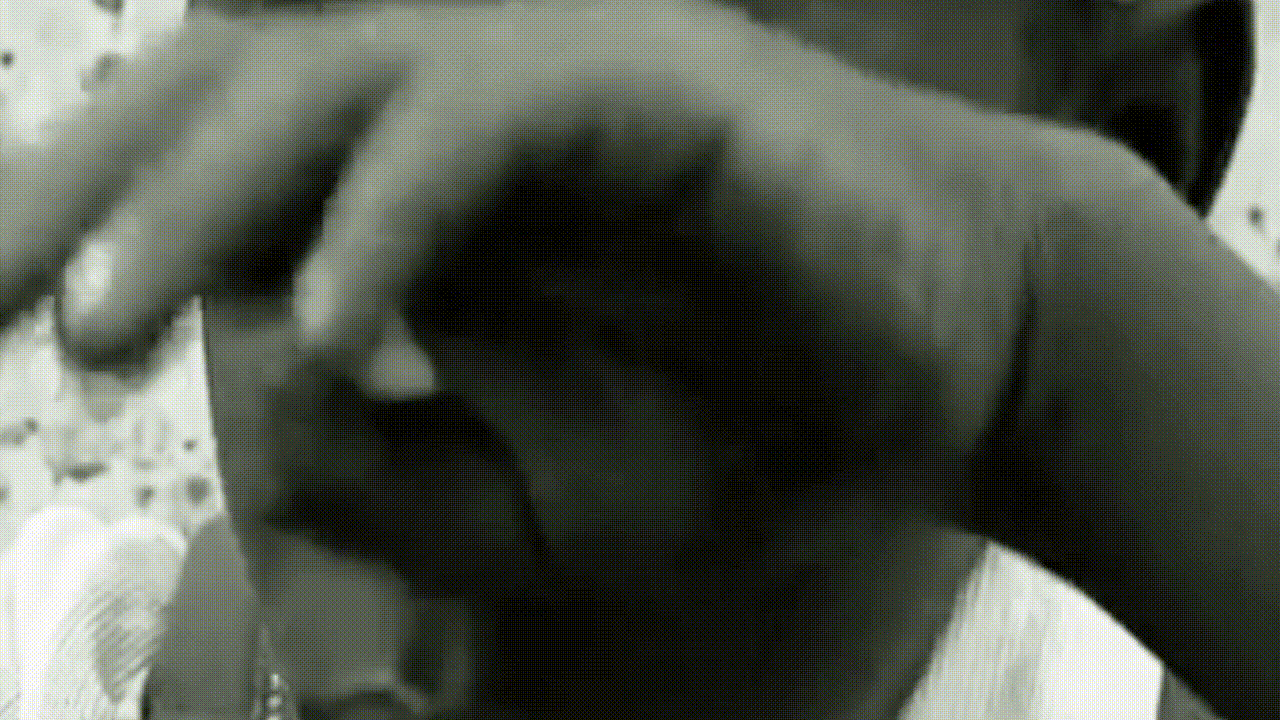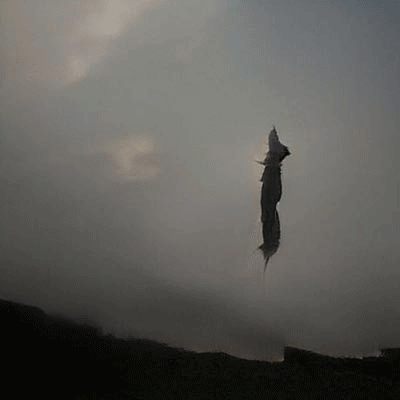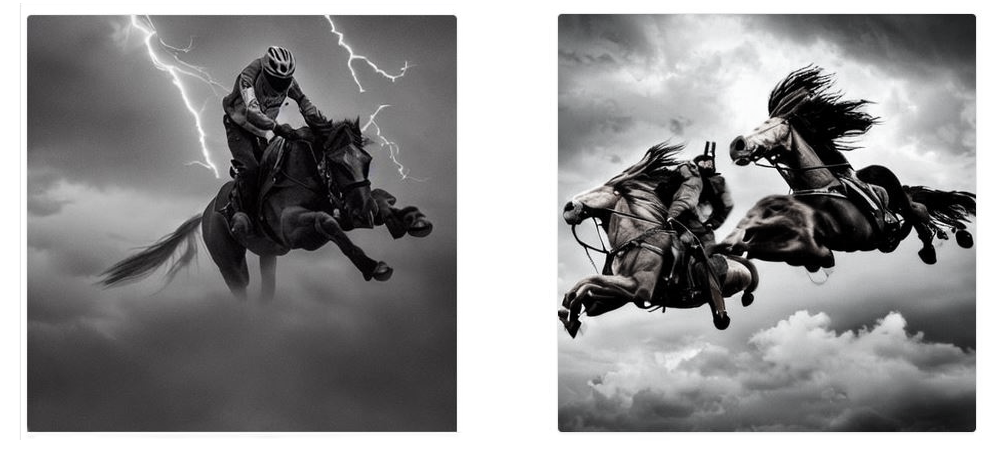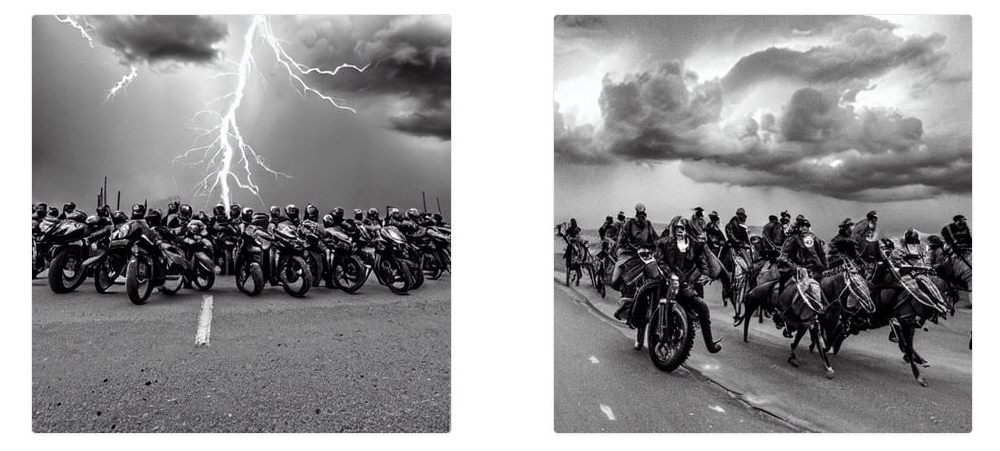...and the
question of the killer has not been solved
either...
Now, 50 years later, this figure of
the rider who bravely faces the
storm can no longer be found.
Not
that there are no more heroes, as
already mentioned in another
passage. But it has become difficult
with this heroism, because actually
one no longer knows where exactly
one could start, with one's own
courage.
Absurdly, one's own search for meaning decreased to the same extent as the categories of attributions offered increased. It was this "individualisation of all conditions - of life, of work, of unhappiness" or "The personalisation of the mass". This is how the Invisible Committee paraphrased a process of "we have become the representatives of ourselves".
Or as Debord and all the others before him also recognised: The alienation is now completed. The individual does what the alien dreams and desires demand.
The authors of "The Coming
Insurrection" describe it even more
precisely:
... "what
prostheses it takes to hold an ego
together! If "society" had not
become this definitive abstraction,
it would denote all the existential
crutches that are handed to me so
that I can drag myself along, all
the dependencies that I have entered
into at the price of my identity."
The choice is huge - of identities.
And you can switch between "user",
"friend" and "member" with a flick
of your wrist on your smartphone.
And that makes it even easier to
avoid your own responsibility in
this (offered) anonymity.
But whether one can escape
responsibility or not, one knows it:
each and every one of us is partly
to blame for this global crisis...
The romance is gone. Long
live the dashcam (which is to be
seen as a shortening of the selfie
stick). At least one is left with
one's own view of oneself. And so it
goes on with this own glance at
oneself. The storm has become
unimportant and thus any indignation
that would be necessary is
extinguished.
As long as one
can occupy oneself with this
hypothesis of the "I", what
resistance is needed. Well, sure. It
would need resistance against sch
itself.
read more about the "we" click here
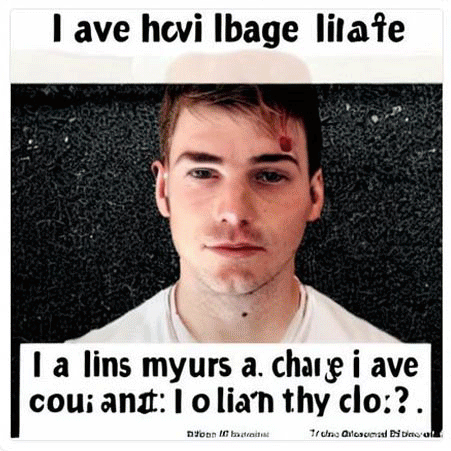 This
image was also created by a
text-to-image programme. The text
was: I have to cange my life.
This
image was also created by a
text-to-image programme. The text
was: I have to cange my life.
...and
again: the
question of the killer has not been solved
either...
Resistance begins with the individual.
These small, daily refusals of the
individual make themselves felt when
many do the same.
Resistance requires individual choices
in daily life.
Resistance as a collective process
Pierre
Bourdieu defined
resistance in quite practical terms:
Resistance arises when competitive
struggles are overcome in favour of
struggles that challenge the
dominant order: by real, effectively
mobilised forces, practical classes
that begin to act collectively and
publicly.
...but for that, as an individual, you need a binding connection to a "we"...
A brief
word about heroes:
Heroes have abdicated, so they say, but the need for characters with role model character still exists. And we can find them on demand on our smartphones. Today they are called influencers. They haven't done anything heroic, and they have no intention of doing so. Yet they are accepted as worthy of emulation.
The question of who or what is a hero is difficult to answer today. Especially in Germany. Because Germany and heroes - that was a problematic combination after the Second World War.
Nevertheless, there is no shortage of heroes, because you meet them everywhere: a DIY store names hard-working employees "Hero of the Week", footballers become "Heroes of the Quarter Finals" and some musicians are called "Heroes of Pop".
So they still exist - the heroes. So today everyone is a hero, if only they manage to step into the public eye.
In the past, a hero was only someone who sacrificed himself for an idea, a higher goal or the community.
This word "hero" no longer has any meaning in everyday language. Which is not so dramatic at first, because the classic role of the hero is male, ruthless and aggressive.
And that leads to the figure of the barbarian as a modern cultural hero. The entertainment industry shows it - we are still amusing ourselves to death....
It is precisely the cliché of the barbarian's lack of culture that can be fascinating, because the barbarian hits the nail on the head with his refusal of cultural civilisation: down with the monosyllabicity of bourgoisie - even if it officially no longer exists.
So the question of resistance is also a question of heroism, is it not?
See again
all pages:
- Riding the storm (introduction)
- The world (introduction 2)
- Leaving the comfort zone (introduction3)
- The fetish in the spectacle
-
The term information pathology
- The private view
- The individual
- The community of Coyomeapan
